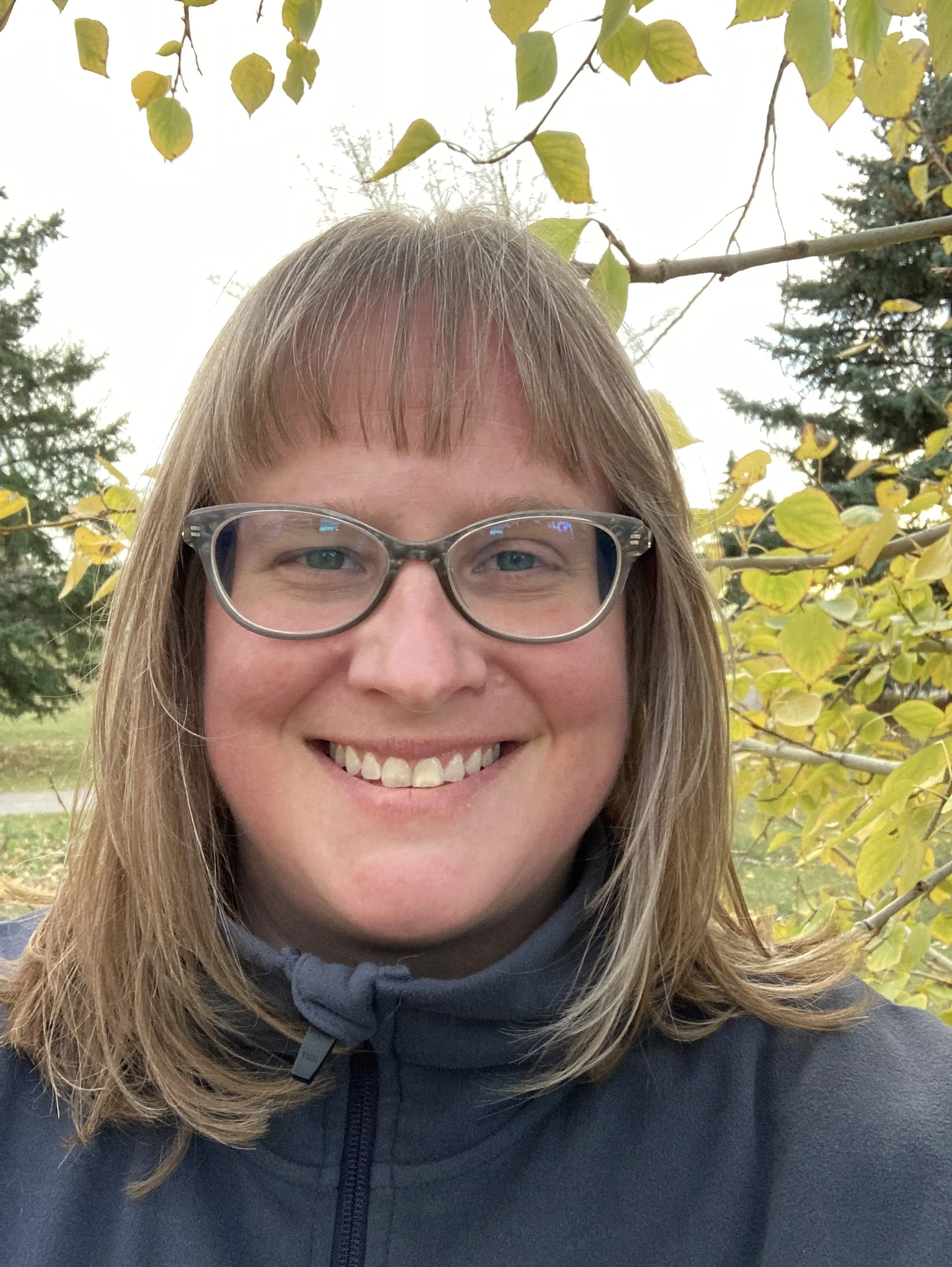About Maria
“Tell me, what is it you plan to do with your one wild and precious life?”
—Mary Oliver
It’s not easy being a human being, and we’re not meant to go through it alone. I’ve always been fascinated about what it means to be human, and I bring this lifelong curiosity, creativity, and compassion into my life and my work with others. Over the years, I’ve explored mindfulness, expressive arts, and trauma-informed therapy—both personally and professionally—and discovered how transformative they can be in supporting growth, healing, and understanding.
Today, I integrate mindfulness, creative expression, and trauma-informed care into a person-centered approach. I draw from modalities such as Acceptance and Commitment Therapy (ACT), Expressive Arts Therapy, Spiritually-Integrated Therapy, and Internal Family Systems Therapy (IFS), using the tools that we decide will best support your unique path. I offer counselling, coaching, and group wellness experiences for adults, youth, couples, and families. My focus is on creating a supportive space where everyone can explore, heal, and grow—moving toward a life that feels more grounded, meaningful, and authentically yours.

